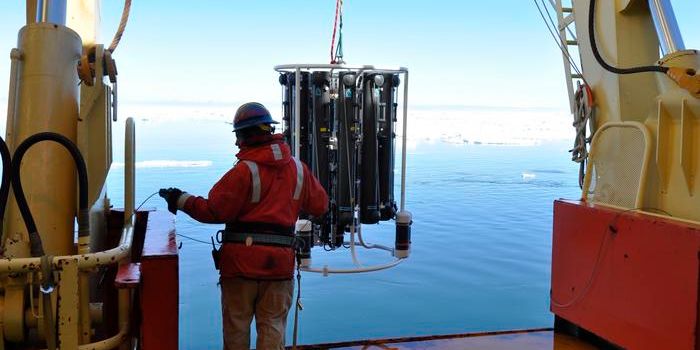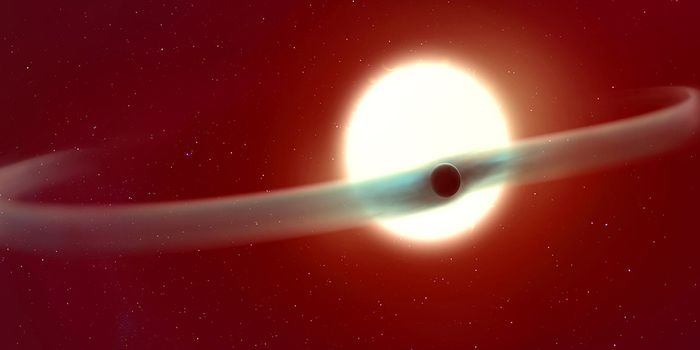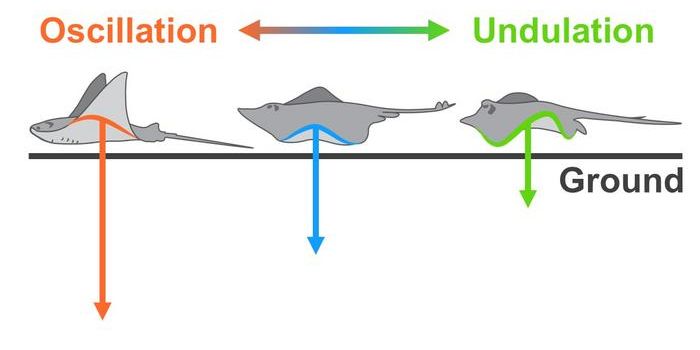Electrifying Breakthrough: New Tech Adds 200 Miles to EVs with only 10-Min Charging
One of the most noticeable drawbacks of electric vehicles (EVs) is their long charging time. That's why the U.S. Department of Energy has set a goal to develop a new type of charging method called extreme fast charging (XFC), which allows EVs to gain a 200-mile range with only 10 min charging.
According to a recently published study, a team of Pennsylvania State University chemical engineers came up with a brilliant solution to achieve XFC.
Instead of building a brand new type of battery, they suited a lithium-ion (Li-ion) battery with a nickel "jacket," which heats up the cell prior to charging. Their technique successfully charged up batteries fast and repeatedly with a high-voltage power source. Their test batteries showed minimum loss of capacity and no sign of material degradation known as lithium plating.
Lithium plating is the formation of metallic lithium around the anode, which happens when a considerable amount of energy gets stored into a Li-ion battery within a short period. When lithium deposits occur, they can severely reduce battery lifespan and even cause short-circuits and fire.
To avoid lithium plating, industrial experts warned against charging using over-voltage power source and charge/discharge in an environment below 59 F (or 15 C).
Using their nickel "jacket", the Penn State researchers can heat the whole battery uniformly in a matter of minutes. At three test temperatures, 40, 49, and 60 C, and 20 C as control, they tested the batteries for the charging efficiency and capacity for numerous charge/discharge cycles under a 400 kilowatts charging rate.
They found the batteries preheated to 60 C lasted with perfect health for 1,700 cycles, while the control cell at 20 C only survived 60 cycles before the lithium plating ruined its lifespan. Post-experiments structural analyses found no lithium plating in batteries pre-heated to 49 and 60 C.
The researchers hope that their new, scalable charging method can alleviate the range anxiety for EV drivers, and encourage the use of EV and the construction of more charging stations.
This breakthrough is reported in the journal Joule.
Want to know more about how Li-ion batteries work? Check out the following video from ACS Reactions.
How Do Lithium-Ion Batteries Work? (ACS Reactions)
Source: EurekAlert










